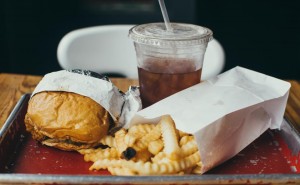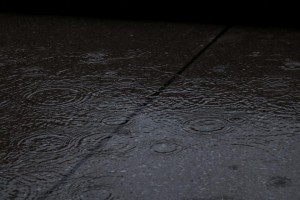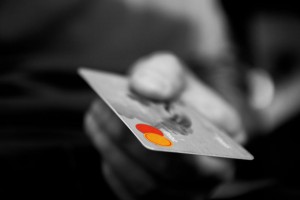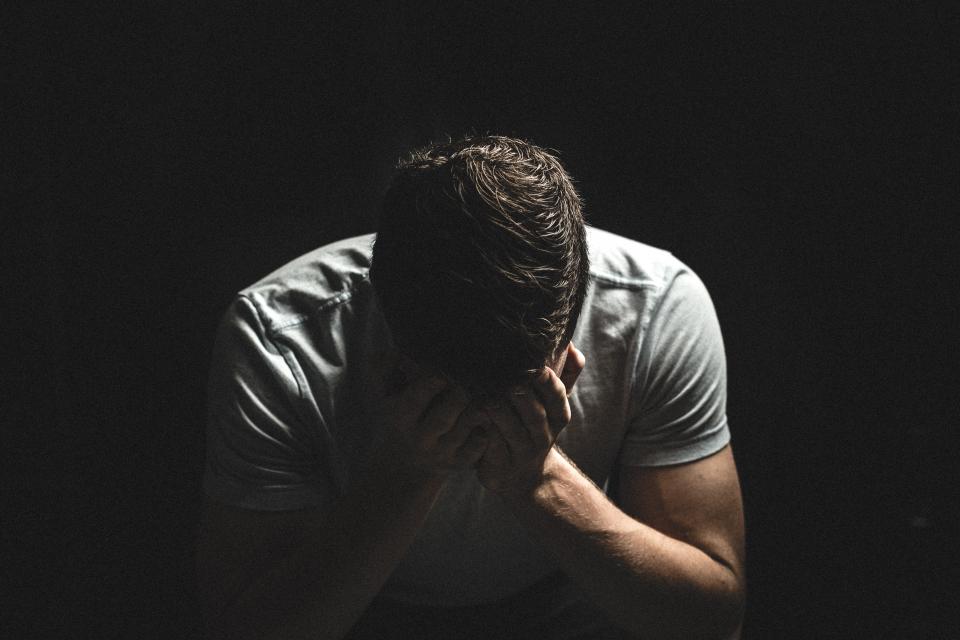
Photographer: Christopher Flowers
“Global dietary guidelines should change to suggest people can eat more fat than previously thought, with a view to preventing overconsumption of carbohydrates, according to a new international study led by Canadian researchers,” wrote Nicole Ireland for CBC News on August 29, 2017.
Ireland continued, ” “Our findings do not support the current recommendation to limit total fat intake to less than 30 per cent of energy,” said the paper published in the Lancet on Tuesday. “Individuals with high carbohydrate intake might benefit from a reduction in carbohydrate intake and increase in the consumption of fats.”
Scientists from McMaster University in Hamilton and other researchers used questionnaires to document the fat, carbohydrate and protein intake of 135,335 people in 18 countries, then followed them over an average of about seven years.
The research team, led by Mahshid Dehghan, a nutrition epidemiologist at McMaster, was set to present the results of the study at the European Society of Cardiology Congress in Barcelona on Tuesday.
Read the full article here.








